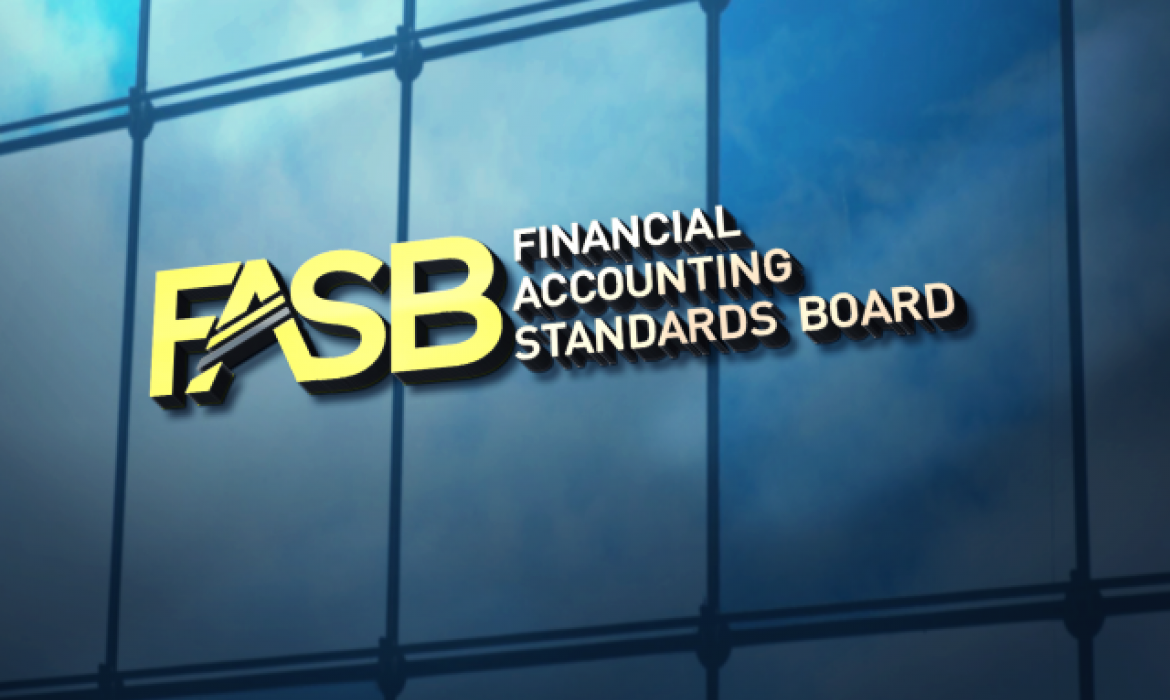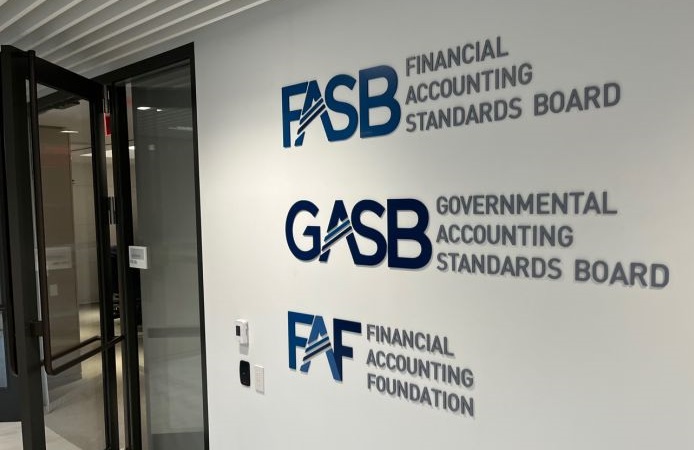The Financial Accounting Standards Board (FASB) published a proposed Accounting Standards Update (ASU) on Dec. 17 intended to improve the financial accounting for and disclosure of financial activities related to environmental credits and environmental credit obligations.
The following are examples of environmental credits and the associated regulatory compliance program that are subject to the amendments in this proposed ASU (these examples are not all-inclusive):
- Emissions allowances originating from domestic and global cap-and-trade programs.
- Corporate Average Fuel Economy (CAFE) credits originating from U.S. CAFE Standards.
- Renewable identification numbers originating from the U.S. Renewable Fuel Standard.
- Renewable energy certificates originating from U.S. State Renewable Portfolio Standards.
Additionally, carbon offsets, which often are generated by projects represented to reduce or remove carbon dioxide from the atmosphere, are typically used by entities to meet voluntary initiatives to reduce net emissions and also are subject to the amendments in this proposed ASU, the FASB said.
According to the standard-setting board, the changes are expected to provide investors with additional decision-useful information by improving the:
- Understandability of financial accounting and reporting information about environmental credits and environmental credit obligations, and
- Comparability of that information by reducing diversity in practice.
During the FASB’s 2021 agenda consultation project and other outreach, stakeholders noted that entities are increasingly subject to additional government mandates and regulatory compliance programs related to emissions, which often result in obligations that are settled with environmental credits. Additionally, some entities voluntarily purchase environmental credits from third parties. Stakeholders also emphasized that GAAP doesn’t provide specific authoritative guidance on how to recognize and measure this financial activity, resulting in diversity in practice, the FASB said.
The proposed ASU provides recognition, measurement, presentation, and disclosure requirements for all entities that purchase or hold environmental credits or have a regulatory compliance obligation that may be settled with environmental credits.
Because the FASB’s mission is to establish and improve financial accounting and reporting standards, the proposed ASU addresses only amounts reported in the financial statements, the board noted. As a result, measuring or tracking an entity’s voluntary emissions initiatives or the entity’s actual greenhouse gas emissions aren’t addressed by the FASB or by these proposed amendments.
Stakeholders are encouraged to review and provide input on the proposed ASU by April 15, 2025.
Thanks for reading CPA Practice Advisor!
Subscribe Already registered? Log In
Need more information? Read the FAQs




